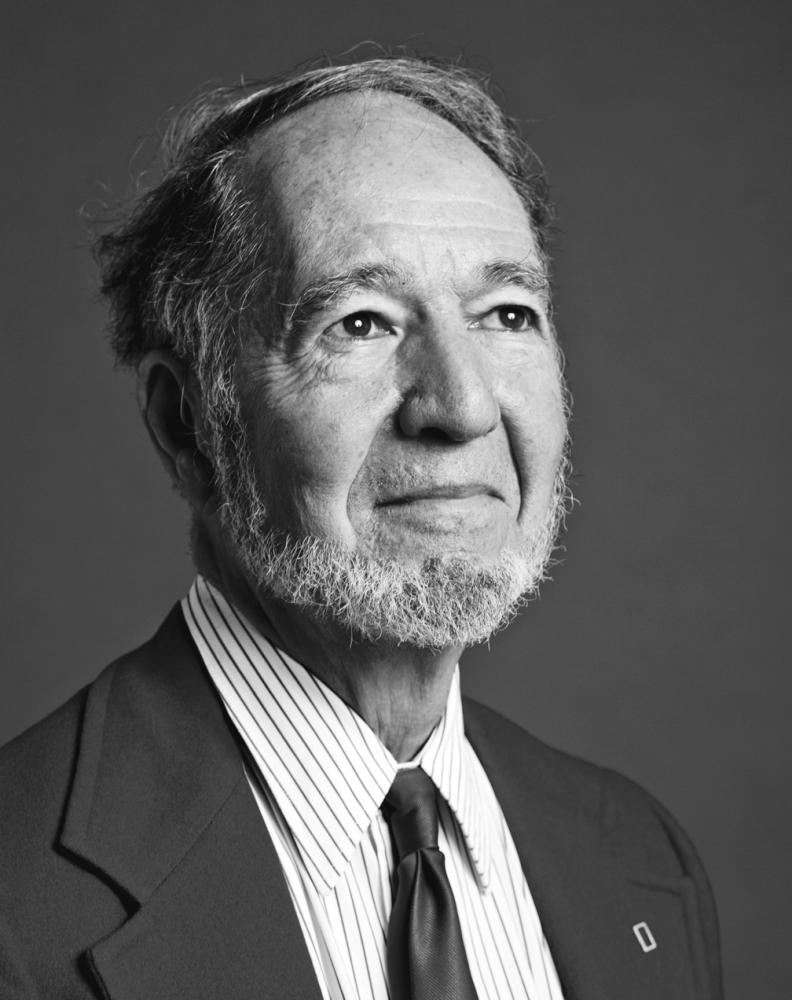IT’S HARD to put a finger on what topic Jared Diamond, 81, is supposed an expert on.
Described as a polymath (a person of wide knowledge) by various publications, Diamond was actually trained in physiology, but has more than a passing interest in a wide variety of fields that include biology, ecology, anthropology and geography.
Currently a professor of geography at UCLA (University of California, Los Angeles), Diamond has written books that combine all of his interests.
They include The Third Chimpanzee (1991), the Pulitzer-prize-winning Guns, Germs and Steel (1997), Collapse (2005) and The World Until Yesterday (2012).
He has also written over 600 articles for various publications.
Diamond’s latest book Upheaval: How Nations Cope with Crisis and Change, published early this year, was inspired by a discussion he had with his students six years ago.
It gives insights into how seven countries – Finland, Japan, Chile, Indonesia, Germany, Australia, and the US – coped with major crises that took place during their respective history.
The author had spent time in those countries and had even met people who lived through those tumultuous times. That was the reason he chose to focus on those countries.
He explains: “If I wanted to write about a random sample of the world’s countries, I would have picked an African country or a country that is making a mess of a crisis.
“That is something a future historian will do, but my book is a personal book and features countries I know best.”
While the book has garnered its fair share of detractors, it also gained support from fans such as Bill Gates who spoke glowingly about Upheaval on his blog.
“That makes me feel good when a really smart and thoughtful person really likes my book,” says Diamond in a recent tele-conference interview from his home in California.
“As a writer writing for the general public, I would say a lot of people like what I write, [while] some hate what I write. Naturally, it bothers me when people hate what I write.
“When I see that hate, it makes me feel good that Bill Gates, thousands of students and other people like my book.”
When asked if he had ever discovered more than he expected (or had a change of opinion) when researching a crisis he had thought he was familiar with, Diamond said: “Every country I wrote about yielded a few surprises.
“Although I had worked in Indonesia since 1979, I did not fully understand the background of Indonesia’s history [leading up to the bloody civil unrest] in 1965.
“Or in the case of Australia, I have been visiting the country since 1964 and I thought I knew Australia pretty well, but as with any other country, there were important things that I learned while writing this book.”
Diamond added: “To deal with a national crisis, a country must acknowledge it is dealing with a national crisis. If it doesn’t acknowledge it, then it doesn’t solve the national crisis.
“Every country should realise that it can do something, and that it is not a helpless victim.
“It helps to get assistance from friends and to look at models from other countries. Some crisis are unique but there are some generalisations of all crisis.”
The question of having the right leader is important to overcome a crisis (in his opinion, sometimes yes, and sometimes no) is also discussed in the book.
Diamond says historians have debated this topic for generations.
“In the case of Indonesia for example, Sukarno was a very distinctive leader. In Britain, Winston Churchill was a distinctive leader, while Clement Attlee was not. Sometimes, leaders make a difference, sometimes they are not so important.”
Can one really learn from history in overcoming a crisis?
“We can get a bit of guidance but we can use it as a reference point. History has numerous examples of how to run a country, or how to run a society. Some experiments worked well, some did not.
“There are common reasons why ... But to learn from history, you have to understand history.”
He said thanks to books and higher global literacy rates, we know more about history than we ever did before.
“We are in a better position to understand history now than we did any time in the past.”
And whether you like his books or hate them, there is no denying that many people are discussing these topics on various platforms.
“What I would most love is that everybody agrees with my books. The next thing I would love is for my work to provoke debate.
“What I would least like is nobody being interested in reading my books, and nobody wanting to debate them.”













